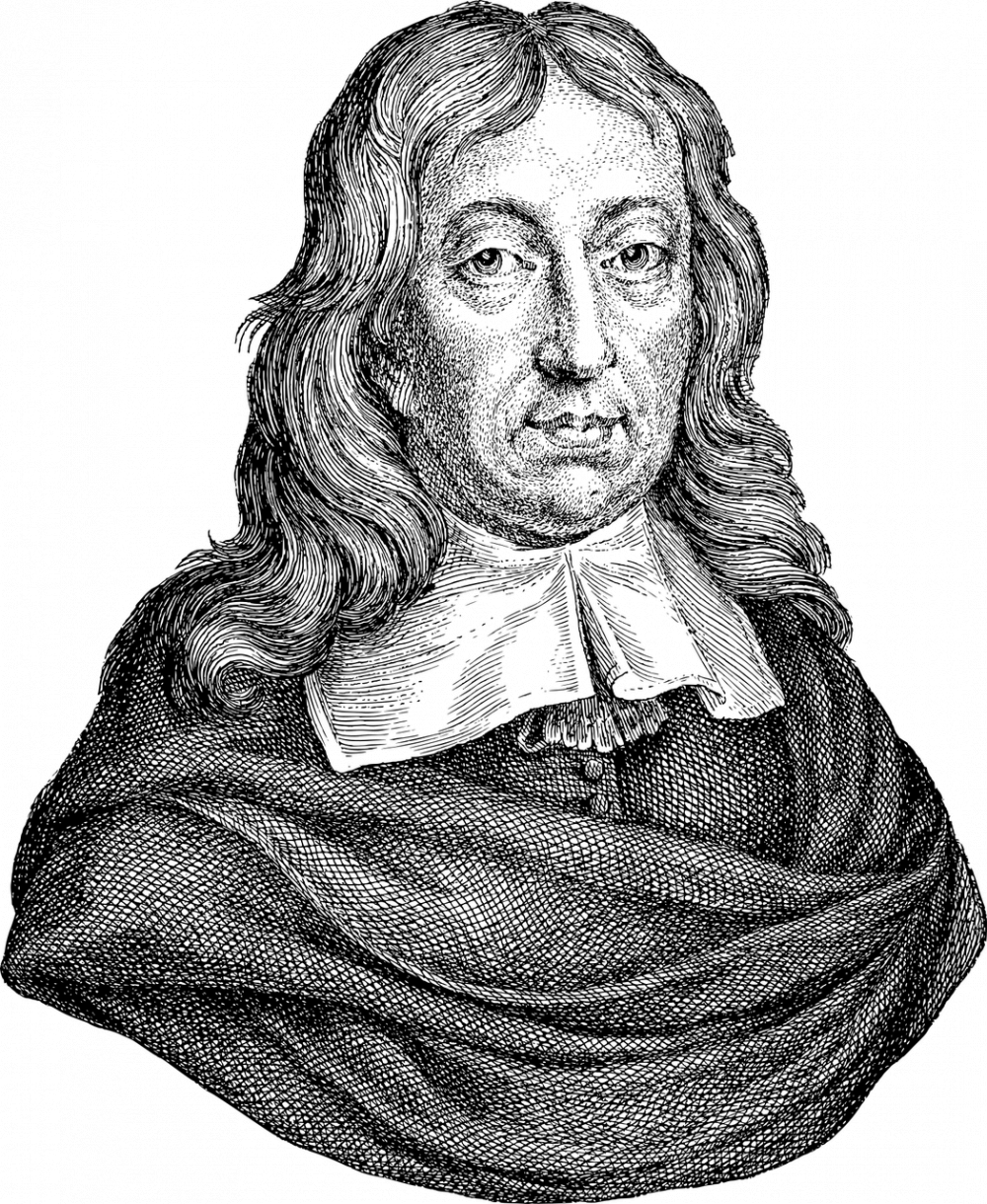Homers Odyssey: A Timeless Epic Journey

Introduction
Homer’s Odyssey is an ancient Greek epic poem that holds a significant place in the realms of literature and mythology. Composed by the legendary poet Homer, this epic tells the story of Odysseus, a Greek hero, and his arduous journey back home after the conclusion of the Trojan War. Spanning over 12,000 lines, the Odyssey presents a vivid and captivating narrative, filled with tales of adventure, heroism, and the complexity of human nature.
Understanding the Odyssey

The Odyssey is believed to have been composed around the 8th century BC, serving as a continuation of Homer’s other renowned epic, the Iliad. While the Iliad focuses on the events and battles of the Trojan War, the Odyssey centers around the protagonist Odysseus and his struggles to return to his homeland of Ithaca. This epic journey takes him through a series of trials and tribulations, including encounters with mythical creatures, treacherous gods, and the temptations of the enchantress Circe and the nymph Calypso.
One of the key themes in the Odyssey is the concept of nostos, which refers to the Greek concept of homecoming. Odysseus’ longing for his home and family drives his actions throughout the epic. The poem also explores the interplay between the human and divine realms, with gods and goddesses often intervening in mortal affairs, either helping or hindering Odysseus on his journey.
Historical Development of the Odyssey
The Odyssey has had a profound impact on Western literature and has been an enduring source of inspiration over the centuries. It has been translated into numerous languages and has served as a basis for countless adaptations, both in literature and other art forms.
In ancient Greece, the Odyssey was considered a cornerstone of education, with its themes and narratives providing moral lessons and insights into the human condition. Its influence spread beyond Greece, as illustrated by its inclusion in the famous Library of Alexandria, a repository of knowledge and literature from various ancient civilizations.
During the Middle Ages and the Renaissance, the Odyssey experienced a resurgence in popularity. Its themes of heroism, adventure, and the pursuit of love and glory appealed to the sensibilities of the time. The epic became a subject of study and inspiration for scholars, artists, and writers across Europe.
In modern times, the Odyssey continues to captivate audiences worldwide. It has been adapted into numerous films, plays, and novels, solidifying its place in popular culture. Its enduring appeal lies in its exploration of universal themes, such as the longing for home, the challenges of self-discovery, and the triumph of the human spirit.
Featured Snippet: Unraveling the Mysteries of the Odyssey
– Homer’s Odyssey: An Epic Journey Home
– Key Themes: Nostos and the Intervention of Gods
– The Heroic Odysseus: Trials and Tribulations
– Mythical Creatures: Circe, Calypso, and the Sirens
– The Historical Influence of the Odyssey
– Renaissance and Modern Adaptations of the Epic
– The Odyssey in Popular Culture
Conclusion
Homer’s Odyssey remains a timeless masterpiece that continues to enthrall and inspire audiences across generations. Its exploration of human nature, the power of storytelling, and the unwavering determination of the hero speak to our own quests for meaning and purpose. As we follow Odysseus on his epic journey, we are reminded of the enduring power of myth and the universal themes that connect us all. The Odyssey’s enduring legacy is a testament to the power of art to transcend time and touch the depths of the human soul.
FAQ
Who is the author of the Odyssey?
What is the main theme of the Odyssey?
What is the historical significance of the Odyssey?
Flere Nyheder
Erhvervsfotograf i Fredericia: En investering i professionel branding
Introduction Homer’s Odyssey is an ancient Greek epic poem that holds a significant place in the realms of literature and mythology. Composed by the legendary poet Homer, this epic tells the story of Odysseus, a Greek hero, and his arduous jour...
03 august 2025
Erhvervsfotografering i Aalborg: Skab et stærkt visuelt udtryk for din virksomhed
Introduction Homer’s Odyssey is an ancient Greek epic poem that holds a significant place in the realms of literature and mythology. Composed by the legendary poet Homer, this epic tells the story of Odysseus, a Greek hero, and his arduous jour...
02 april 2025
Kunst og Kultur i Nordjylland: Oplev Gallerier i Regionens Hjerte
Introduction Homer’s Odyssey is an ancient Greek epic poem that holds a significant place in the realms of literature and mythology. Composed by the legendary poet Homer, this epic tells the story of Odysseus, a Greek hero, and his arduous jour...
02 oktober 2024











